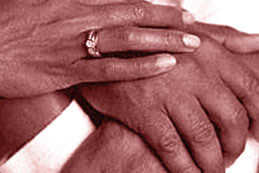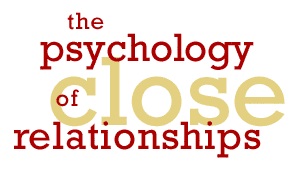






|
Love Is What?
The readiness to form an exclusive pair bond with a mate gave our ancestors a survival edge. By staying together, helping each other,
staying "home" and staying true to each other, an early human pair would be better able to care for each other, raise offspring to
adulthood and pass along any genetic sources for such tendencies.
It's not difficult to imagine early human pairs feeling affection, friendship and trust for each other. They would depend more on each
other than on other members of the family and clan. But were their feelings passionate? Did early men and women fall in love?
Anthropologists and ethologists (who study non-human animal behavior) say there is little support for this notion.
Instead, our early ancestors probably experienced the kinds of feelings and inclinations we can infer from the behavior patterns of
other species. Many nonhumans demonstrate complex attachments to each other, especially mammals, from dogs to dolphins to chimpanzees to
gorillas. Attractiveness and good interactions promote mating, while monogamy (exclusive attachment to a single mate or spouse) encourages
reliable support, protection and care for offspring. In sum, it is not necessary to have the experience of what we call "love" for mates
to form bonds and raise families.
Yet we know that love is not the same as mating. Human beings make formal arrangements based on attraction and need. Sexual union,
companionship and security bring not only relief but happiness. What is love and why does it matter so much, not only to our
personal happiness, but to our very health and survival?

|



